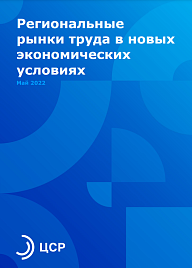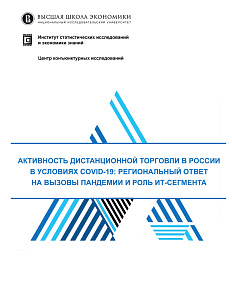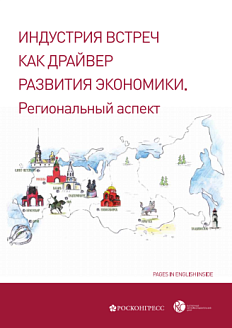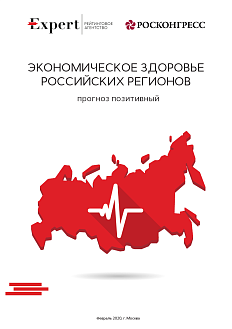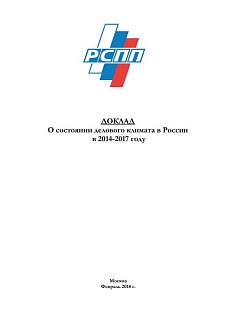This report by the Center for Strategic Research (CSR) assesses the impact of the current geopolitical situation and the structural transformation of Russias economy on the countrys labour market.
The Roscongress Foundation presents the salient points of the publication accompanied by fragments of broadcasts of relevant panel discussions from the business programme of international events held by the Roscongress Foundation.
More than half of Russias regions will see a rise in unemployment in many sectors.
The authors of the report forecast that by the end of this year there will be a substantial rise in unemployment in 63 subjects of the Russian Federation. 16 regions will face a more than twofold growth compared to average levels over the period from January to March 2022, while 53 regions will see a 1.5-fold growth. The greatest rise in unemployment will probably be found in regions with predominantly industrial structure of the economy, where the greatest contribution to the economy is made by the automotive industry, printing industry, jewellery industry, wood industry and wood processing. This will be due to the restrictions made on exports and imports of critically important intermediate goods. Some job reductions, though not as massive, will also be seen in other sectors which are to a greater or lesser extent affected by the restrictions and the shrinking domestic demand. Some of these sectors are metal industry, insurance, PR and marketing, oil and gas, coal mining, diamond production, and banking. CSR experts also expect substantial job losses in a range of supporting industries (such as transportation, logistics, and wholesale trade) which supply manufacturing industries.
Apart from the sanctions, difficulties with equipment imports, and shrinking domestic demand in Russia, the authors of the report identify other reasons for potential unemployment growth. For example, SMEs and businesses in the shadow sector can cut their staffs following the reduction in demand from major companies and the population expected in official macroeconomic forecasts.
The regions with the largest expected increases in unemployment are the Kurgan Oblast, the Komi Republic, the Republic of Karelia, the Ulyanovsk Oblast, and the Kostroma Oblast.

Despite the economic turbulence, one-third of Russias regions will enjoy stability in the labour market.
According to the authors of the report, labour markets in major metropolitan areas are generally less severely affected by the crisis. For example, the unemployment rate in Moscow, the Moscow Oblast, St Petersburg, and the Leningrad Oblast is expected to stay below 5-6% at the end of 2022. The reason is that these regions have a predominantly «service» structure of the economy which hasnt suffered from the restrictions as much as some manufacturing sectors did. Diversified economy is another factor in the resilience of these regions against rising unemployment. A colossal share of the economy here is accounted for by business services, IT services, medical services, science, and education. Also, there is a high proportion of the public sector and state companies in the employment structure, with much support provided to them by the state. Regions with such economy structure will be less severely affected by crises in the labour market.
Also, regions with marked agricultural specialization (such as regions in the North Caucasus and the South of Russia) will feel the effects of the crisis less strongly because this sector doesnt show any signs of job reductions and continues to enjoy a wide range of state support measures. Also, CSR analysts expect that the structural pressure will be less intense in the regions whose exports are oriented at Asian markets which havent introduced any restrictions. These are mostly regions located in Siberia and in the Far East.
The regions with the smallest expected increases in unemployment include the Republic of Ingushetia, the Republic of North OssetiaAlania, the Republic of Dagestan, the Republic of Tyva, and the Kabardino-Balkarian Republic.

Gain more insights about economic development and labor market trends in Russias regions, the country as a whole, and globally in the Labor Market, Entrepreneurship, and Regions of Russia sections of the Roscongress Information and Analytical System.


